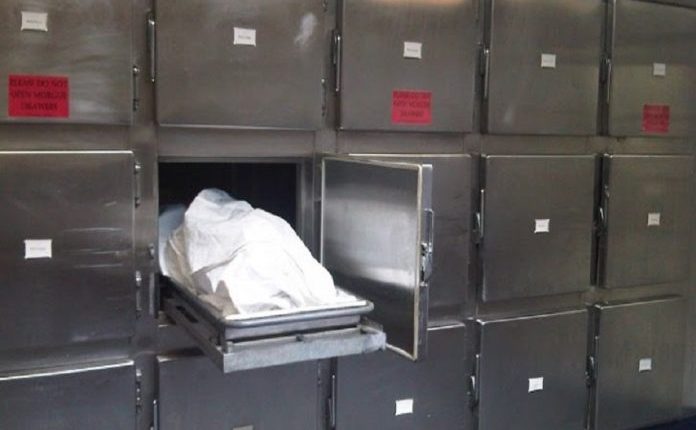Importance of conducting autopsies for optimum healthcare delivery
Recently, the Mortuary Workers’ Association of Ghana (MOWAG), embarked on a brief strike. The industrial action, which lasted one-day, was temporarily suspended with a two-week ultimatum to the Government to have their pressing demands addressed.
This was after distressing situations family members going for their deceased relatives for burial encountered, bringing attention to the workers’ plight. The strike was initiated to press home the need for improved working conditions.
General Secretary of MOWAG, Richard Kofic Jordan, stated that they will resume the strike if the Government fails to meet their demands by October 10.
Among the key demands of the union is for the provision of adequate PPEs. This, they argue, is essential for protecting workers from diseases and other hazards that come with handling and preparing the dead for preservation and subsequent burial.
The question of mortuaries and the preparation of the dead for burial had earlier become an issue for political campaigns.
The Islamic faith prescribes particular practices for burying the dead, which the regular health institutions in the country do not support. Hence Muslims prefer handling their deceased in a faith-oriented way, because it is a cardinal belief among Muslims, that death is the will of God and Allah gives and Allah takes.
From the belief that the dead are buried a day or two after their demise, necessitating no need for preservation of the body or conducting autopsies to determine the cause of death. Muslims adhere to postmortem examinations, unless in the case of criminal or unnatural deaths, where they have no option because the police have to come in. Some other jurisdictions also do not conduct autopsies on the departed. The subscription to autopsy therefore has declined drastically, because of a lack of interest by family members, driven by culture and religion.
Autopsy offers families the opportunity to know what was behind their relative’s death, give them closure or accord the need for justice if there is any suspicion of foul play or even the deceased is implicated. Only God knows how many people have gotten away with murder because faith or societal norms preclude autopsies being conducted on the deceased in those jurisdictions. Autopsy can be a lifesaver for anyone accused. So, just as not conducting autopsies can cover up the cause of death, doing a pathological investigation can also discharge individuals wrongly accused of the death of others.
Conducting autopsies not only unearths the cause of deaths of individuals, but postmortem examinations often lead to the discovery of epidemiological patterns in families, communities, ethnicities and nations. Thus, where recurring illnesses and diseases lead to death in such demographic groupings, conducting autopsies will uncover the pattern and lead to interventions to treat such morbidities or prevent concomitant mortalities.
This is why it is important for the government to expressly address the concerns raised by the Mortuary Workers Association of Ghana and equip the pathology departments of our hospitals throughout the country. This is because, while it is imperative to preserve the bodies of our departed ones in decency and dignity, equipping our hospitals with the requisite equipment and personnel to conduct autopsies would also unravel other mysteries surrounding death and help prevent and treat diseases that pathological examinations can uncover.
The writer is a Pathologist at the Korle-Bu Teaching Hospital



